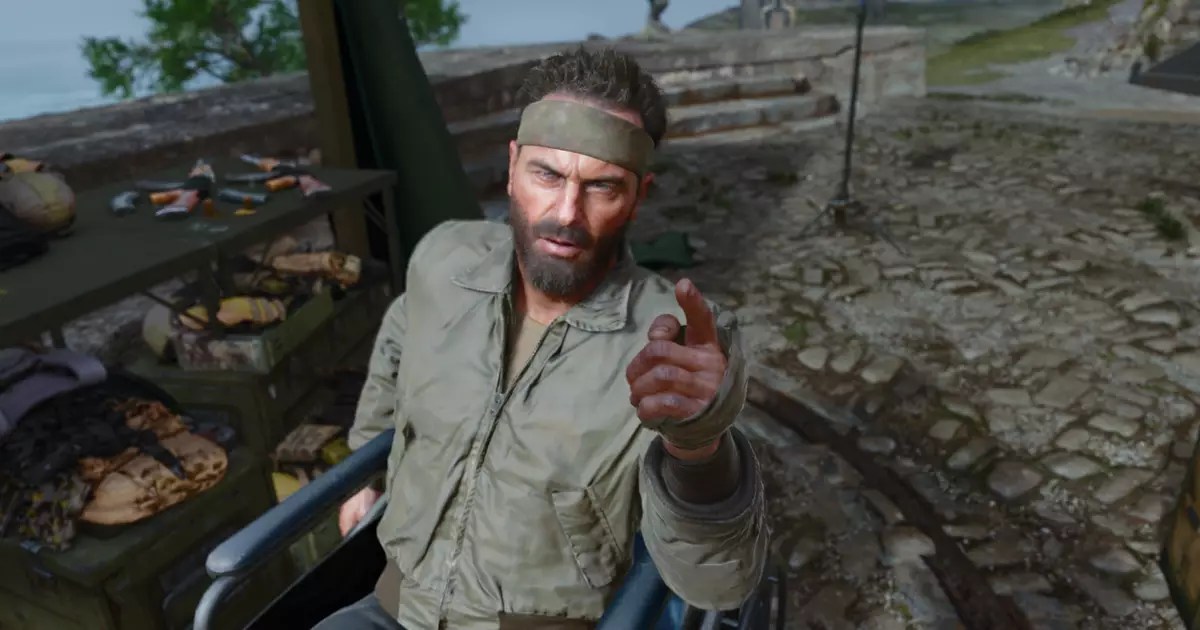In recent events, the gaming industry found itself entangled in a surprising incident involving one of its own, Peter Akemann. This incident serves as a critical reminder of the responsibilities that come with operating unmanned aerial vehicles, especially in times of crisis. Akemann, a co-founder of Treyarch—known for its prominent role in the Call of Duty franchise—and the president of Skydance Interactive, was involved in a drone crash that resulted in significant implications for emergency response operations during the Los Angeles wildfires.
The incident unfolded when Akemann, disregarding temporary no-fly regulations, launched his drone to scout the Palisades fires. The consequences were dire; the drone collided with a Quebec-based Super Scooper firefighting aircraft, which plays a crucial role in controlling such fires by dropping water from the air. The collision damaged one of the plane’s wings, leading to costly repairs and grounding the aircraft, effectively hampering firefighting efforts. This act not only endangered the lives of the crew aboard the Super Scooper but also disrupted critical operations that protect lives and property.
The drone’s flight path extended over 2,500 meters into restricted airspace, raising questions about situational awareness and adherence to safety regulations. Akemann’s actions brought to light a worrying trend where hobbyists prioritize personal interests over public safety, particularly during emergencies when first responders are operating under extreme pressure.
Akemann faced legal repercussions for his actions, pleading guilty to a charge of unsafe operation of an unmanned aircraft—a misdemeanor that carries the potential for up to a year in jail. However, in a plea agreement, he sought to mitigate these consequences by offering to fulfill 150 hours of community service aimed at wildfire relief and covering the estimated $65,000 required for repairs to the Super Scooper. This plea underscores the serious nature of the offense and the need for accountability in deploying drones in sensitive environments.
Acting United States Attorney Joseph T. McNally’s statement emphasized the gravity of the incident, portraying Akemann’s decision as reckless and dangerous. His comments serve not only as a direct condemnation of the actions taken but also as a broader warning about the intersection of drone use and emergency response. In today’s digital age, drone operators must be informed and vigilant to mitigate risks associated with mobile technology and the responsibilities that come with it.
The case has also sparked discussion around the technological safeguards that should be in place to prevent such incidents. Akemann’s defense has highlighted purported failures in the geo-fencing feature of his DJI drone, which is designed to prevent it from entering restricted airspaces. While technological flaws can occur, they also serve to remind us of the paramount importance of operator responsibility and the necessity for better education on drone regulations and safety standards.
Moreover, finding a balance between innovation and safety is crucial as drone technology becomes more prevalent in various sectors. Drone operators, both professional and recreational, must undergo comprehensive training to navigate these increasingly complex regulations successfully while utilizing the technology in ways that do not compromise public safety.
Interestingly, the gaming community has exhibited a strong support for wildfire relief efforts following the incident. Major gaming entities, such as Activision, which oversees titles like Call of Duty, committed substantial donations—amounting to $1 million—towards disaster recovery efforts. The industry’s conscious effort to give back highlights how gaming can extend its reach beyond entertainment into genuine community support, especially during crises such as wildfires.
Peter Akemann’s drone-related incident serves as a critical reminder of the potential impacts of reckless behavior, particularly in emergencies. As operators, whether in gaming or other fields, the emphasis must remain on safety, responsibility, and community collaboration, fostering a culture that prioritizes the well-being of the public while innovating responsibly. The lessons learned from this event should ultimately encourage a more conscientious approach to drone usage amidst emergencies, ensuring that both technology and its operators contribute positively to society.


Leave a Reply